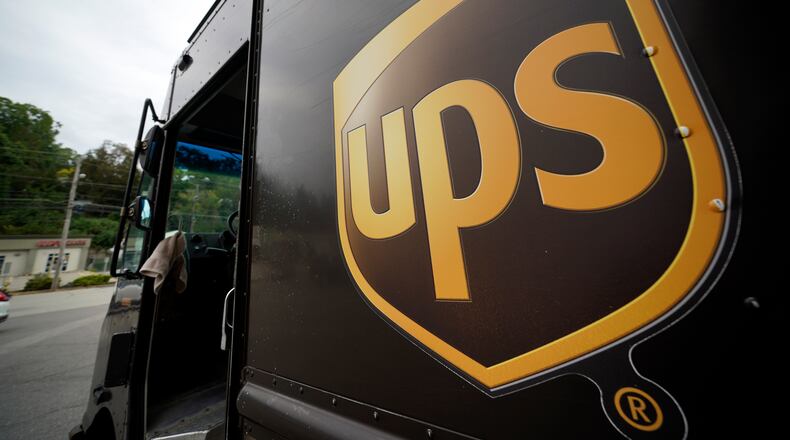“Scam texts are no longer the clumsy attempts we used to see. They are well-crafted, targeted, and designed to look authentic,” said Jeremy Boudinet, VP of Growth at Textla, a SMS marketing platform, in a press statement. “Attackers know people expect deliveries, track online orders, and often respond to what looks like an innocent message. One wrong tap can hand over everything from banking details to login credentials.”
Credit: AP
Credit: AP
Scammers get your number through data leaks and breaches, web scraping and app permissions, and randomized texting also known as “smishing kits.”
“People often ask how scammers got their number,” Boudinet said. “The reality is that our numbers are shared and sold more widely than most realize. From old app sign-ups to retail databases, phone numbers are a valuable commodity in the cybercrime world.”
What scammers are looking for:
- Login credentials: Amazon, UPS and banking logins can be sold or reused in credential-stuffing attacks.
- Payment card details: Often requested under the guise of “small delivery fees.”
- Personal identity information: Date of birth, Social Security numbers and addresses help build full identity profiles for fraud.
- Confirmation you’re active: Even a single reply tells scammers your number is real, putting you on high-value lists.
“Scammers want your trust, your data, and ultimately your money,” Boudinet said.
Here some expert tips to stay safe from scam texts:
- Don’t click unexpected links — always check your Amazon or UPS account directly via the official app.
- Be skeptical of urgency — real companies won’t lock your account or demand payment within minutes.
- Ignore “wrong number” texts — ever reply, even politely; it confirms your number is live.
- Report scam texts by forwarding them to 7726 (SPAM) so carriers can block senders and to the FTC at ReportFraud.ftc.gov.
- Enable two-factor authentication across key accounts to limit damage if details are compromised.
- Check sender IDs carefully — genuine businesses rarely send from random mobile numbers.
For more information on keeping your data safe, visit www.textla.com.
About the Author


